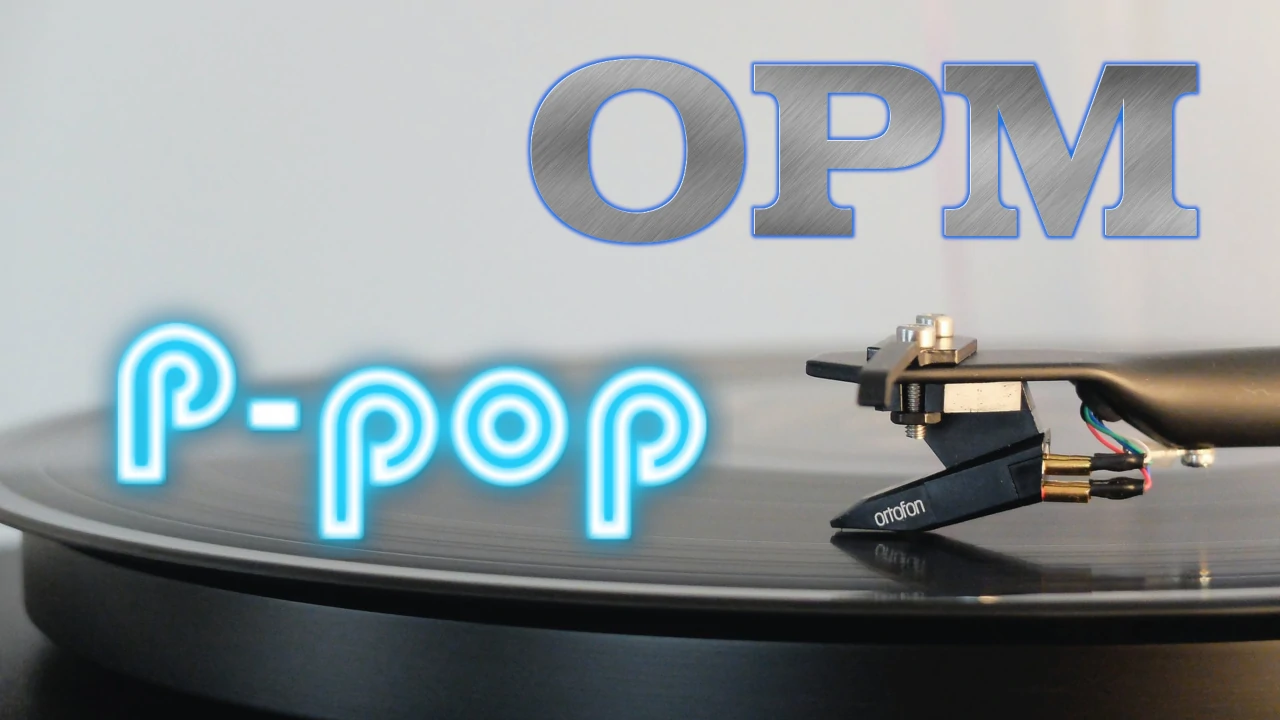
P-pop
P-pop, or Pinoy pop, also as Pilipino pop and Philippine pop, is Pinoy Popular music which started in the 1960s. It is an umbrella terminology for music composed or performed by a Filipino. Modern P-pop began in 1990 while the idol generation in 2009.
The music genre in P-pop are Pinoy ballad, Pinoy folk, Pinoy hip hop or Pinoy rap, Pinoy jazz, Pinoy pop, Pinoy R&B or Pinoy soul, Pinoy reggae, and Pinoy rock. In addition to these, kundiman is a pre-colonial music genre still popular in the Philippines.

P-pop idols, when did it all start?
The trillion-peso questions are: when was the beginning of the P-pop idol industry, and who was the first P-pop idol?

(Updated) The first PPOPCON is happening
Do you love attending conventions? Do you collect merchandise of products you like? Are you into music? Of course, right? There is a new convention in town for Pinoy Pop music fans … PPOPCON!

All P-pop are idols, not
P-pop is commonly used to refer to Pilipino idols, or P-idols, but did you know these are not interchangeable?

What is the difference between P-pop and OPM?
For more than ten years now, the label P-pop has become a terminology used to refer to a new genre of music. Often than not, it is used to mean the rising Philippine idol groups and also compared to OPM or Original Pilipino Music.
But what is it exactly? Is not P-pop Pilipino popular music by definition?

Bioman, Maskman, & Shaider full theme songs in Tagalog
Were you born in the 70s and 80s in the Philippines and grew up watching Japanese tokusatsu in your television set? Do you remember the Tagalog version of the theme songs for Bioman, Maskman, and Shaider?
Let’s have a trip back and listen to six of these theme songs in Tagalog, full version!

The YOOki (柳紀 ・ 유 기) Chronicles is ᜌᜓᜃᜒ (Yuki ・ 雪亮)’s return into casual and personal blogging. The name “YOOki” is a mash-up of the acronym of YourOnly.One and my nickname ᜌᜓᜃᜒ (Yuki ・ 雪亮).
Interestingly, according to Chinese legend, 「柳」 (YOO) is an ancient Chinese surname. The ancestors of the surname were closely linked with the ancient sage-king named Yu Shun. In Korea, the 「유」 (YOO) lineage traces to the Xia, Han, and Joseon dynasties. Holders of the surname Yu or Yoo had a reputation for charity and diligence
.1
It is also the word for “willow” or the “willow tree” which means graceful or slender; and a tree growing near a body of water which provide continuous nourishment and resources for everyone. It can also mean to exist, an oil (anointment(?)), and simply as “U” (you).
The hanzi 「紀」 (ki) character means to record, be disciplined, provide order. While the hangul equivalent, 「기」 (ki; gi), means energy, spirit, a banner, and a period of time; and is also a suffix used to make a gerund or an infinitive.
Can you guess what I mean by 「柳紀」 and 「유 기」 as the Chinese and Korean for “YOOki”?
